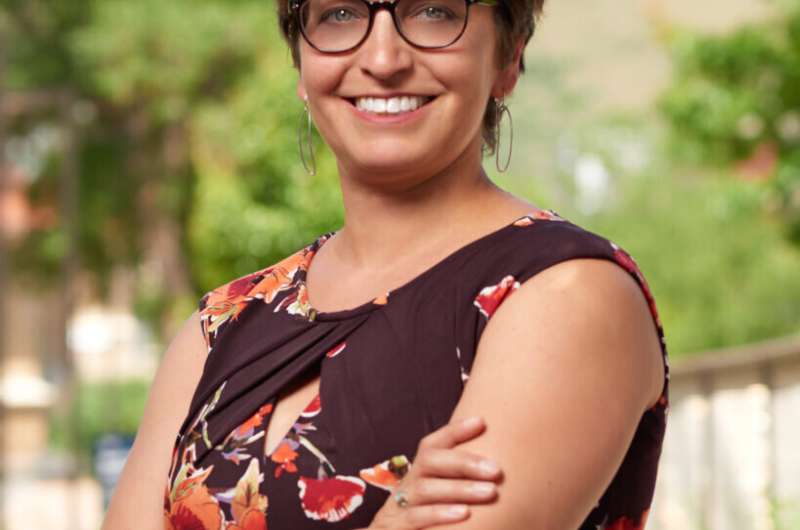
Researchers at the University of Missouri have found that physical mobility, transportation and financial issues pose the biggest barriers to accessing HIV treatment for older adults in South Africa, where 20 to 30 percent of people over age 50 are infected with the virus.
However, MU researchers also found that family support proved to be the strongest facilitator in overcoming these challenges thanks to changing attitudes in Africa about HIV/AIDS.
“What we found was older adults with HIV often have younger family members who have been raised in a society of acceptance regarding the disease,” said Tyler Myroniuk, a postdoctoral fellow from MU who worked on the study and has been studying aging, marriage and mental health in Africa since 2010. “HIV stigma still exists, but far less so for this younger generation, who truly just want to help their family get the care they need to be healthy; so it has been encouraging to see the awareness of the disease normalizing.”
During their study, Myroniuk and Enid Schatz, professor and chair of the Department of Public Health in the MU School of Health Professions who has studied HIV in Africa for nearly 25 years, interviewed older adults living with HIV in Cape Town, South Africa, to better understand how aging has affected their ability to access HIV treatment.
“As HIV treatment has become more widely available, we wanted to learn what made it easier or harder for older adults to access the treatment they needed,” said Schatz. “Our goal was to better understand the perspectives of this older population with HIV to ensure they have improved access to care and can live healthier lives.”
The HIV epidemic has had a major impact on life expectancy across sub-Saharan Africa, where death rates from HIV and AIDS have far exceeded other parts of the world. However, as access to antiretroviral treatment has improved, the number of older adults surviving with and managing their HIV continues to grow.
Schatz explained that for older adults who may have memory issues impacting medication adherence, a strong support system from family members is crucial to facilitating access to care. In the study, relatives of the individuals with HIV often provided transportation for the patient to a local clinic to receive the HIV medication and reminded them to take their daily medication to stay healthy.
The research findings can be useful for governments and public health departments to better understand the challenges facing health care access for individuals with HIV and inform possible solutions.
“Since older adults may have other co-occurring chronic conditions such as diabetes, high blood pressure, obesity or chronic stress, there has been a greater emphasis placed on more holistic, integrated health care services,” Schatz said. “If patients could receive all their medications for various conditions at one time and in one place, it would reduce transportation costs by allowing patients to come back less frequently.”
Schatz added that since younger people with HIV now have much longer life expectancies, the prevalence of HIV among older populations will only increase going forward, making it critical to examine and understand the barriers and facilitators to health care access for this population.
“The burden of these health care costs will continue to rise in the future, and with the recent COVID-19 situation, it will be important to see how these epidemics overlap and impact each other,” Schatz said. “The good news is we are seeing family members create both emotional and financial support systems for their loved ones with HIV, and those concepts of acceptance and compassion are fairly universal ideas, so hopefully they will make a difference that has positive ripple effects going forward.”
Source: Read Full Article
